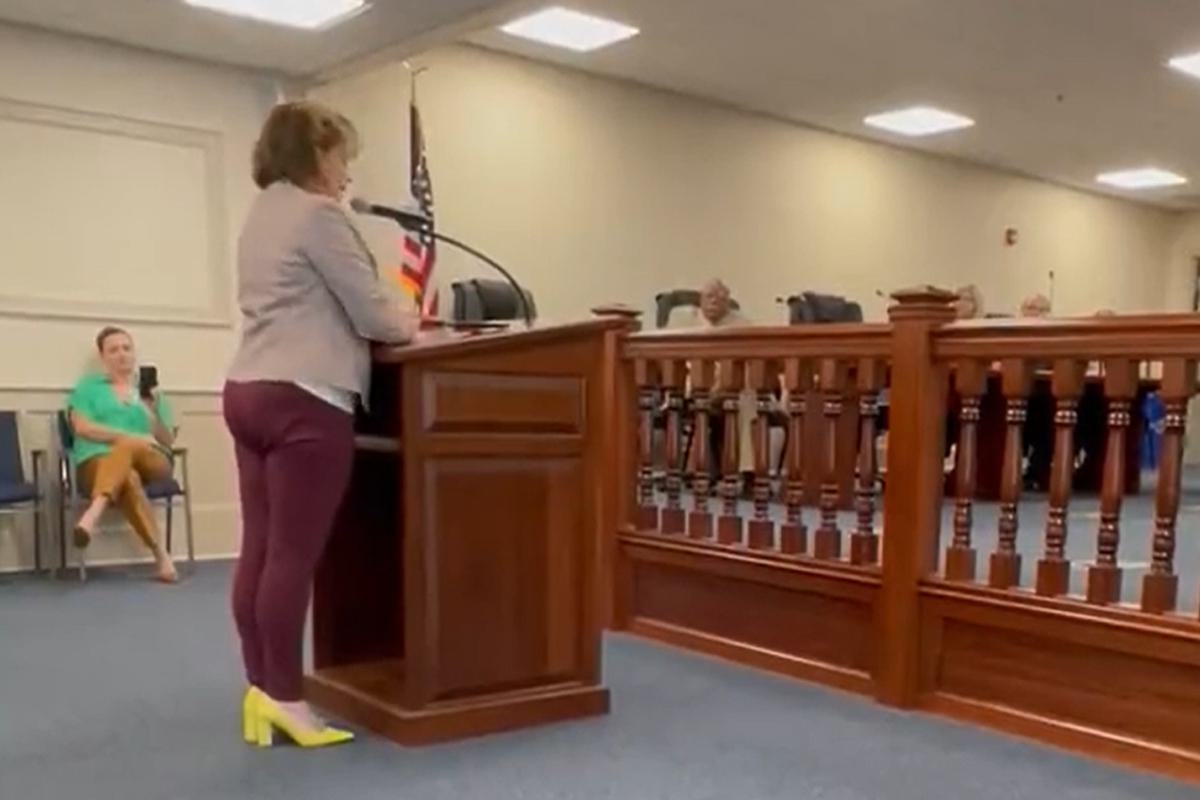Freshman State Rep. Frances Holk-Jones (R-Foley) took a powerful stand last week supporting HB389, also known as the 988 Crisis System of Care Act.
“It’s extremely important to me and to the citizens of the state of Alabama," Holk-Jones declared.
The bill is sponsored by General Fund Budget chairman State Rep. Rex Reynolds (R-Huntsville), but Holk-Jones is a co-sponsor. The bill creates a 988 Commission and Crisis Care Fund to be used by the Alabama Department of Mental Health to distribute to mental health centers and crisis call centers. The money would come from a 98-cent surcharge on wireless and landline devices, similar to how the 911 system is funded.
While speaking to the Senate Committee Wednesday in support of the bill, Holk-Jones told the emotional story of when her husband committed suicide more than 20 years ago. She spoke with him, and he told her he loved her. She called 911 to tell officials what she thought he was about to do, and that’s when she was put on hold. For what she said felt like an eternity, she had to wait to be transferred to another dispatcher and then had to explain the details again.
“Hold, please.”
— Collier Tynes 💐 (@colliertynes) May 18, 2023
That is what the 911 dispatcher said to now Rep. Frances Holk-Jones (R), before her husband took his life.
Listen to her powerful testimony to the Alabama Senate Committee.
It’s time to pass the Alabama 988 Act. #alpolitics pic.twitter.com/mACQ7aJ66x
Holk-Jones said she would never know what a difference 988 could have made for her husband, but she doesn’t want loved ones of others struggling to not have a chance at helping.
“There will be those that we cannot help,” Holk-Jones told 1819 News. “My husband had already made up his mind, but that is the ultimate decision. There was a long time leading up to that to that where I’ll never know. It may have helped him.”
Holk-Jones said she has spoken to many people about mental health over the years, and as a business owner, she believes the 988 system needs to be funded outside of the general budget each year. The bill sponsors estimate funds generated to be around $69 million annually.
“The 988 bill to me is a very small investment by each citizen into helping their fellow man if not themselves,” said Holk-Jones. “You can call it what you want, whether it’s a tax, whether it’s a fee, whether it’s a user fee. I don’t really care what you call it. I just know this would be an important part of the solution to help people. Sometimes people just need someone to talk to."
“[I] hope you don’t ever have to call 911 and I hope that you are the person that never has to call or wants to call 988, but it’s a pretty good insurance policy when you do," she added. "I would be very proud if we could have it properly funded.”
988 works like 911 but connects people struggling with mental health to resources. It has been a working program since the summer of 2022 and has already received over 30,000 calls.
“988 can actually help change the future,” Holk-Jones added. “This will also free up other money by not having law enforcement handle mental health issues, by not having the hospitals even more crowded when they are already overwhelmed. The emergency medical industry and all of those entities are spending lots of their money and they feel very helpless.”
State Sen. Garlan Gudger (R-Cullman) filed a similar bill, SB328, in the Senate.
To connect with the author of this story, or to comment, email erica.thomas@1819news.com.
Don’t miss out! Subscribe to our newsletter and get our top stories every weekday morning.









